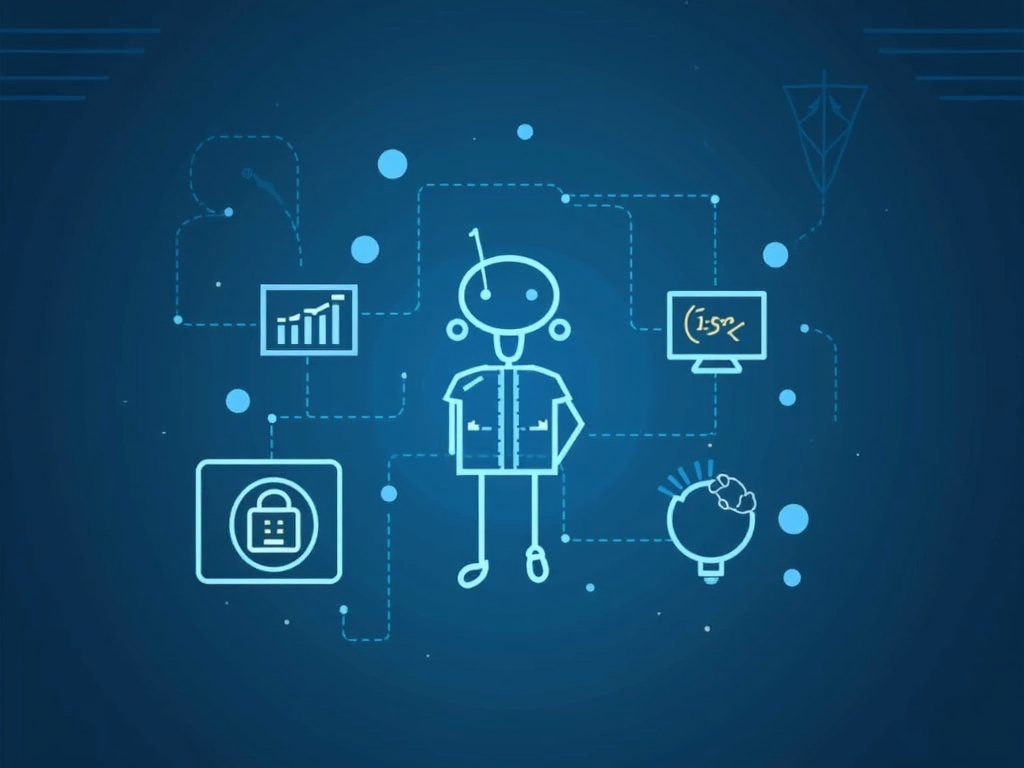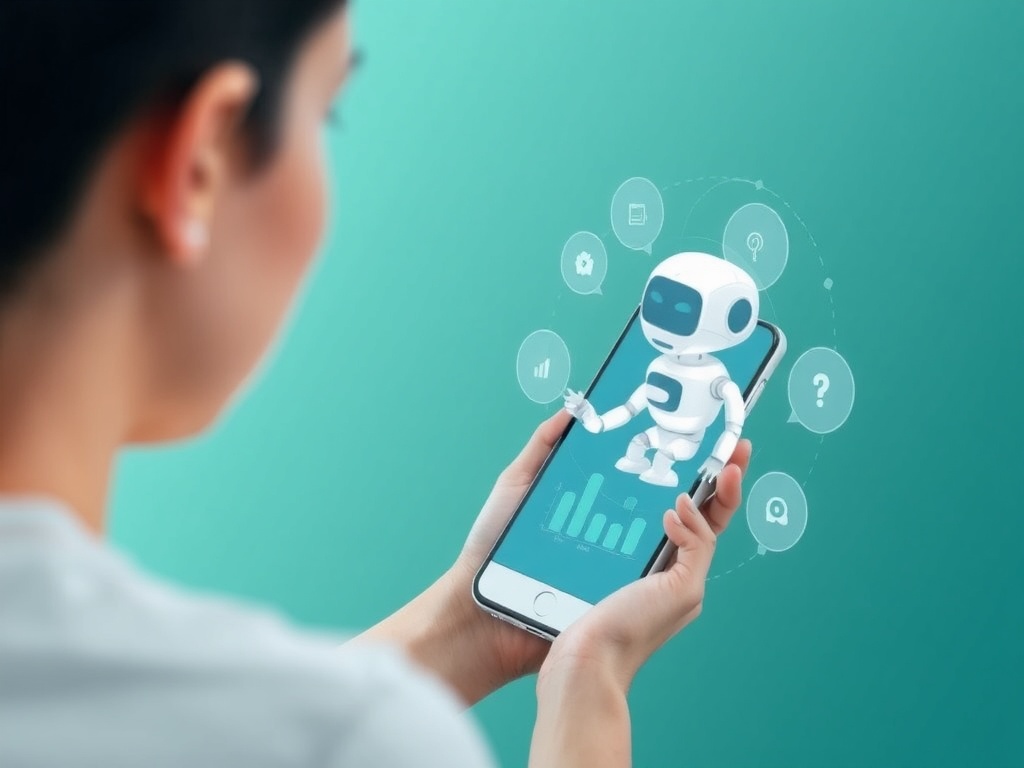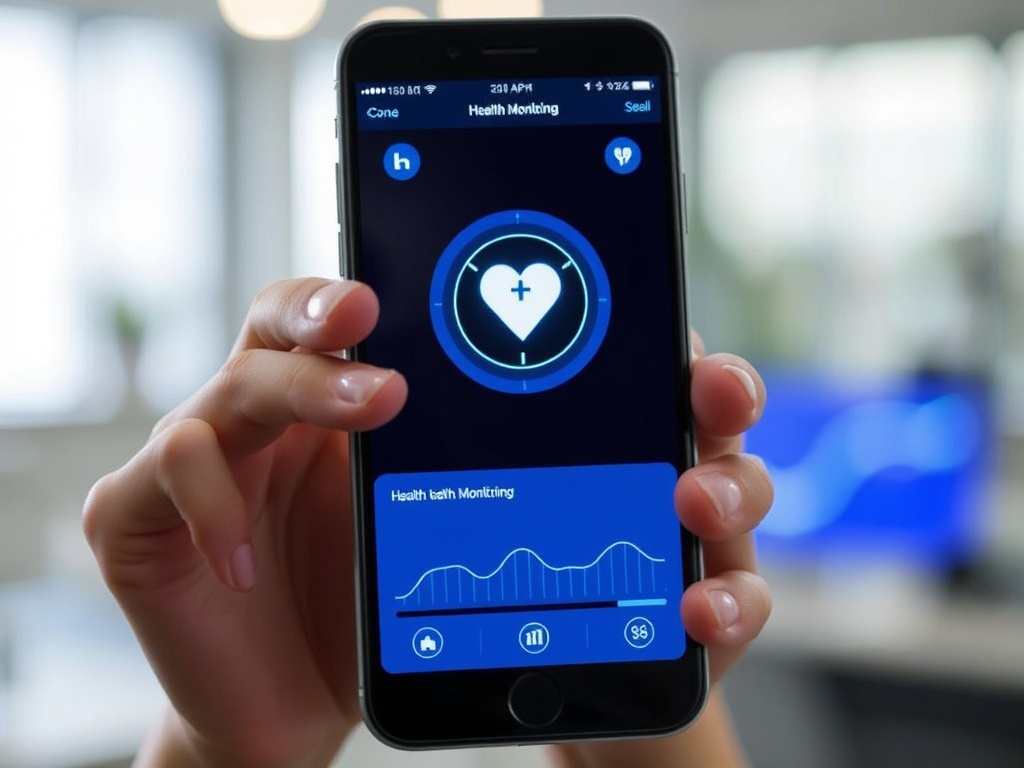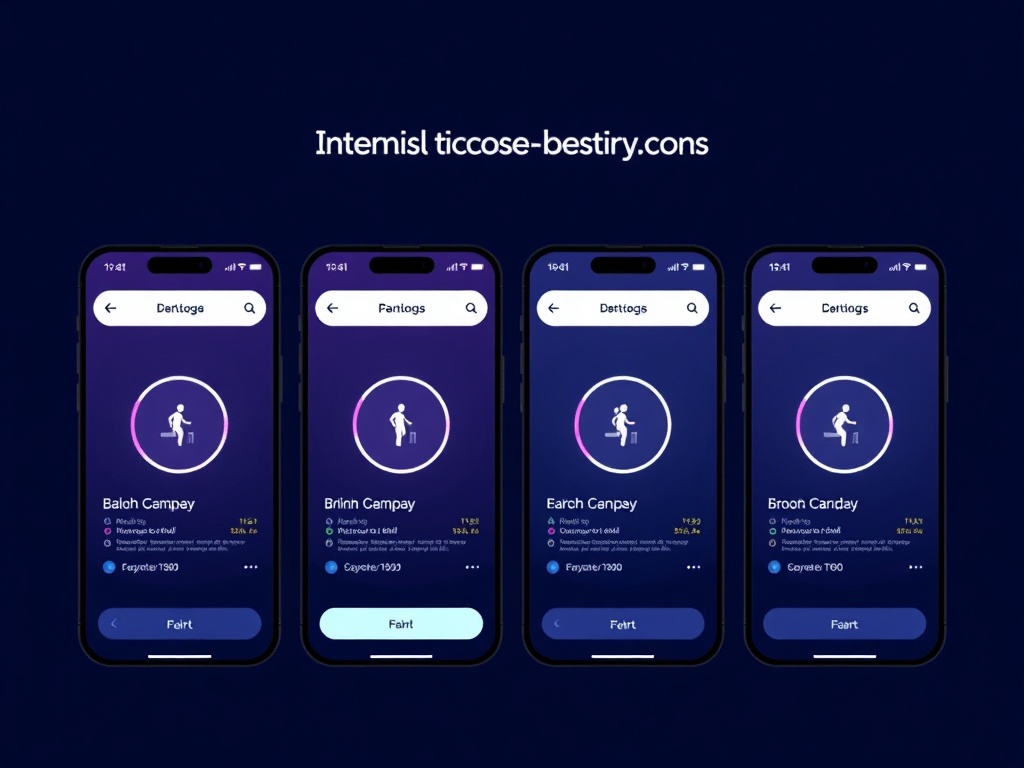AI Apps for Healthcare: Revolutionizing the Industry
The healthcare industry has seen significant growth and advancements in recent years, with Artificial Intelligence (AI) playing an increasingly important role in improving patient outcomes, streamlining clinical workflows, and reducing costs. AI apps for healthcare have been gaining traction, and their potential to transform the industry is vast.
What are AI Apps for Healthcare?
AI apps for healthcare refer to software applications that utilize machine learning algorithms, natural language processing, computer vision, and other AI technologies to analyze and interpret healthcare-related data. These apps aim to provide insights, predictions, and recommendations that can inform clinical decision-making, improve patient care, and enhance operational efficiency.
Types of AI Apps for Healthcare
Several types of AI apps are being developed and deployed in the healthcare industry:
1. Clinical Decision Support Systems (CDSSs)
CDSSs use machine learning algorithms to analyze vast amounts of medical literature, research studies, and patient data to provide clinicians with real-time insights and recommendations on diagnosis, treatment, and medication management.
2. Telemedicine and Remote Monitoring Apps
These apps enable remote consultations, monitoring, and care delivery, particularly for patients with chronic conditions or those living in underserved areas. AI-powered algorithms analyze data from wearables, sensors, and other devices to provide personalized insights and recommendations.
3. Medical Imaging Analysis Software
AI-powered medical imaging analysis software can rapidly diagnose diseases like cancer, cardiovascular disease, and neurological disorders by analyzing large datasets of medical images (e.g., X-rays, CT scans, MRI scans).
4. Electronic Health Record (EHR) Integration Apps
These apps aim to improve EHR systems’ functionality by integrating AI-powered algorithms that streamline clinical documentation, provide predictive analytics, and automate administrative tasks.
5. Chatbots and Virtual Nursing Assistants
Chatbots and virtual nursing assistants use natural language processing and machine learning to interact with patients, answer their questions, and provide basic care guidance while reducing the workload on healthcare professionals.
Benefits of AI Apps for Healthcare
The adoption of AI apps in healthcare offers numerous benefits:
1. Improved Patient Outcomes
AI-powered insights can lead to earlier diagnosis, more effective treatment plans, and enhanced patient care.
2. Increased Operational Efficiency
Automation of administrative tasks, streamlined clinical workflows, and optimized resource allocation contribute to reduced costs and improved productivity.
3. Enhanced Clinical Decision-Making
Data-driven decision-making enables healthcare professionals to make informed choices, leading to better patient outcomes and more effective care delivery.
Challenges and Limitations
While AI apps for healthcare hold immense promise, several challenges and limitations must be addressed:
1. Data Quality and Availability
AI algorithms require high-quality data to produce accurate insights, which can be difficult to obtain, especially in resource-constrained settings.
2. Regulatory Frameworks and Security Concerns
The use of AI apps in healthcare raises concerns about patient data security, regulatory compliance, and liability issues.
3. Public Trust and Acceptance
Healthcare professionals and patients must trust the accuracy and reliability of AI-powered recommendations to ensure seamless integration into clinical workflows.
Conclusion
AI apps for healthcare have the potential to revolutionize the industry by improving patient outcomes, streamlining clinical workflows, and reducing costs. While challenges and limitations exist, ongoing research, development, and collaboration between stakeholders can help overcome these obstacles and unlock the full benefits of AI in healthcare.
As AI technology continues to advance, it’s essential for healthcare professionals, patients, and policymakers to be aware of the opportunities and risks associated with AI apps in healthcare. By working together, we can harness the power of AI to create a more efficient, effective, and patient-centered healthcare system.



